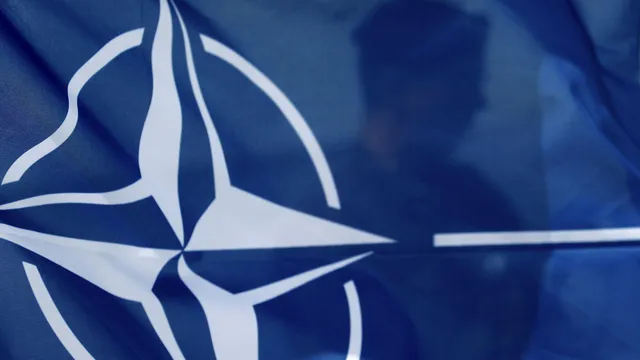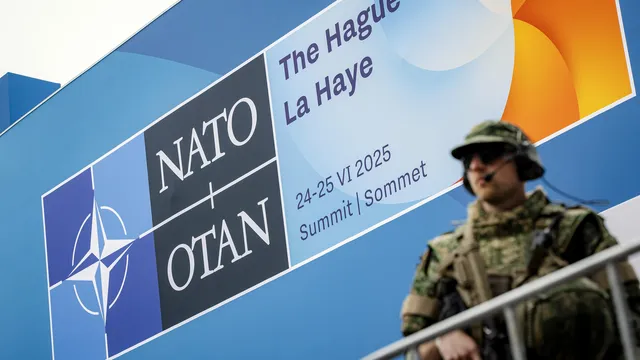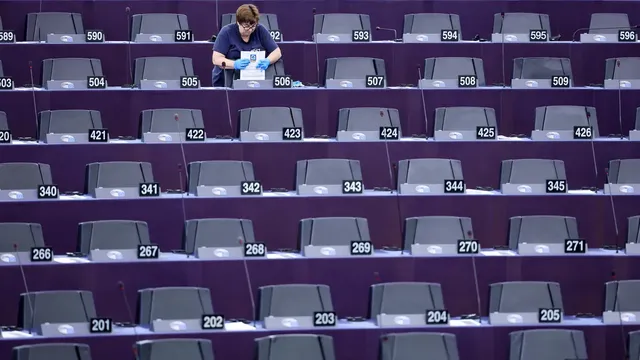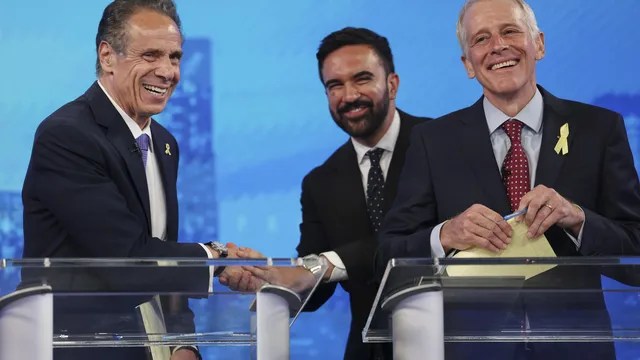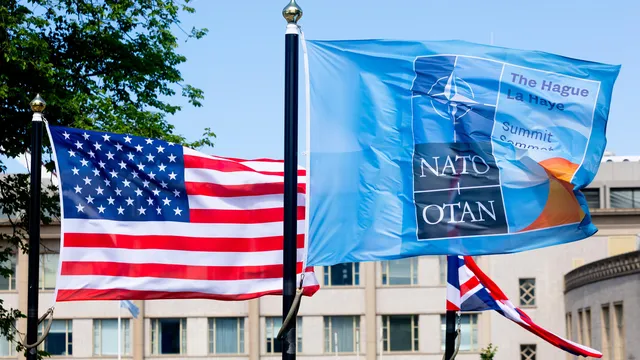European Parliament rapporteur for North Macedonia, Thomas Waitz, told BGNES in an interview that he "doesn’t know" whether North Macedonia really wants to become a member of the European Union.
Today, June 24, the Committee on Foreign Affairs (AFET) supported his report.
Dimitar Ruskov, BGNES:
As you know, North Macedonia has been a candidate country since 2005. There have been many reports before you took on your duties as rapporteur. Do you think that the current government of North Macedonia really wants to implement the amendments from the negotiation framework and become a member of the EU?
Thomas Waitz:
I don’t know that. What I do know is that the overwhelming majority in the European Parliament wants to support North Macedonia and the entire region toward better economic, political, and social development. I also know that I myself am trying to support the accession process of all six countries from the Western Balkans, including North Macedonia.
Dimitar Ruskov, BGNES:
I would like to quote Mr. Hristijan Mickoski, Prime Minister of North Macedonia, who stated that he “conducted an organized campaign in Brussels” to influence the report. Is that true, and is there a difference between regular meetings with shadow rapporteurs with officials from North Macedonia and lobbying?
Thomas Waitz:
I do my work based on facts, as objectively as I can. My only job is to analyze where the country stands in terms of European law, the rule of law, independence of the judiciary, media… And that is exactly what I have done in this report.
Dimitar Ruskov, BGNES:
Do the European Parliament and AFET have the expertise to validate language and/or identity?
Thomas Waitz:
Again, this report is about the state of the accession process. Yes, part of those values is the proper inclusion of minorities. In this case, there was a lot of debate on the inclusion of the Bulgarian community, which is reflected in the text. But beyond that, as I already said, this is about the state of the rule of law — it is a merit-based process, and bilateral issues must be resolved between the countries themselves.
Dimitar Ruskov, BGNES:
Is this a bilateral issue or an issue for the entire EU, given that the negotiation framework was adopted by both the Bulgarian and North Macedonian parliaments as well as all member states?
Thomas Waitz:
In the current geostrategic reality, we Europeans must stand together and put what we have in common at the forefront. That will bring us forward together. I consider myself a big friend of the countries of the Western Balkans, as well as a big friend of Bulgaria. I believe that if we put what unites us at the forefront, it will be in the best interest of our countries and our peoples.
Dimitar Ruskov, BGNES:
Have you been personally influenced by North Macedonia’s Prime Minister Mickoski or other European leaders?
Thomas Waitz:
No. | BGNES

 Breaking news
Breaking news
 Europe
Europe
 Bulgaria
Bulgaria


